658383
Dichlorotetrakis(2-(2-pyridinyl)phenyl)diiridium(III)
Synonym(s):
[(ppy)2IrCl]2
About This Item
Recommended Products
form
solid
Quality Level
reaction suitability
core: iridium
reaction type: Photocatalysis
reagent type: catalyst
photocatalyst activation
465 nm
SMILES string
Cl[Ir](c1ccccc1-c2ccccn2)c3ccccc3-c4ccccn4.Cl[Ir](c5ccccc5-c6ccccn6)c7ccccc7-c8ccccn8
InChI
1S/4C11H9N.2ClH.2Ir/c4*1-2-6-10(7-3-1)11-8-4-5-9-12-11;;;;/h4*1-9H;2*1H;;/q;;;;;;2*+1/p-2
InChI key
NARZJSRZFGZBIZ-UHFFFAOYSA-L
Application
Product can be used with our line of photoreactors: Including Penn PhD (Z744035) & SynLED 2.0 (Z744080)
Signal Word
Warning
Hazard Statements
Precautionary Statements
Hazard Classifications
Eye Irrit. 2 - Skin Irrit. 2 - STOT SE 3
Target Organs
Respiratory system
Storage Class Code
11 - Combustible Solids
WGK
WGK 3
Flash Point(F)
Not applicable
Flash Point(C)
Not applicable
Personal Protective Equipment
Choose from one of the most recent versions:
Already Own This Product?
Find documentation for the products that you have recently purchased in the Document Library.
Customers Also Viewed
Articles
Since their discovery, organic light emitting devices (OLEDs) have evolved from a scientific curiosity into a technology with applications in flat panel displays and the potential to revolutionize the lighting market. During their relatively short history, the technology has rapidly advanced, and device efficiencies have increased more than 20-fold, approaching the theoretical limit for internal quantum efficiencies.
Our team of scientists has experience in all areas of research including Life Science, Material Science, Chemical Synthesis, Chromatography, Analytical and many others.
Contact Technical Service![(Ir[dF(CF3)ppy]2(dtbpy))PF6](/deepweb/assets/sigmaaldrich/product/structures/982/913/02dd8ddd-6deb-40a0-ab9b-07b18f1abb09/640/02dd8ddd-6deb-40a0-ab9b-07b18f1abb09.png)

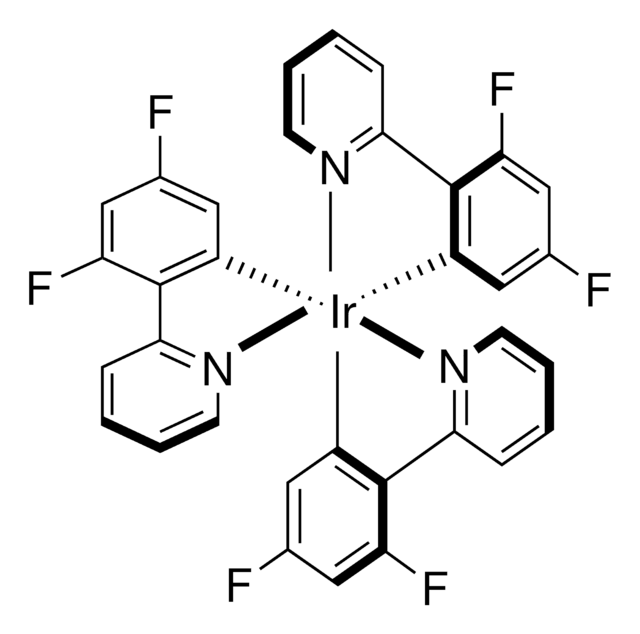
![[Ir(dtbbpy)(ppy)2]PF6](/deepweb/assets/sigmaaldrich/product/structures/158/329/2544d673-d267-4aa1-8f46-2652aad4bfa0/640/2544d673-d267-4aa1-8f46-2652aad4bfa0.png)
![Dichlorotetrakis[3,5-difluoro-2-(2-pyridinyl)phenyl]diiridium(III) 95%](/deepweb/assets/sigmaaldrich/product/structures/300/702/f03c66ed-f8fa-4103-a508-e57483592685/640/f03c66ed-f8fa-4103-a508-e57483592685.png)
![Tris[2-phenylpyridinato-C2,N]iridium(III) 97%](/deepweb/assets/sigmaaldrich/product/structures/167/234/658d0b76-d31d-4fd5-8041-e04e207227c9/640/658d0b76-d31d-4fd5-8041-e04e207227c9.png)
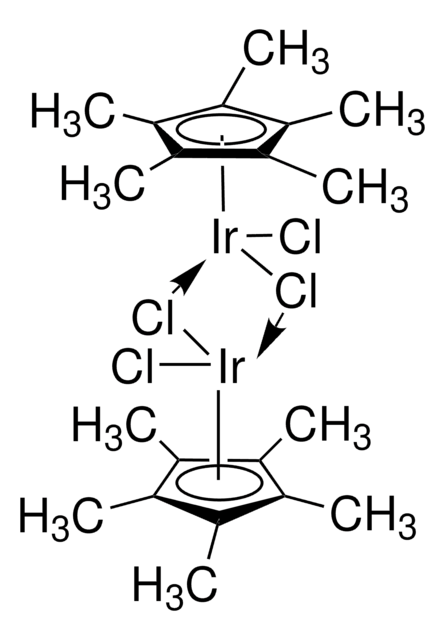
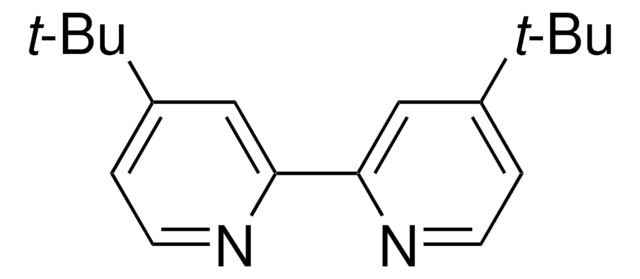

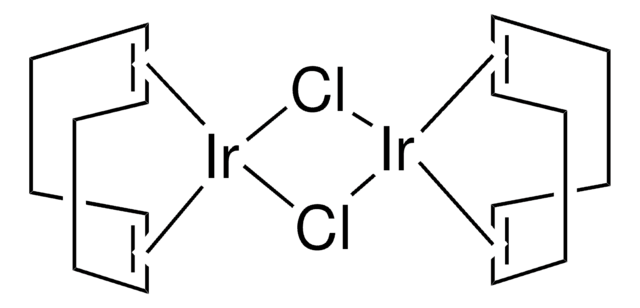

![[Ir{dFCF3ppy}2(bpy)]PF6](/deepweb/assets/sigmaaldrich/product/structures/180/924/79119ac4-7d62-429d-b23d-a14c012c6050/640/79119ac4-7d62-429d-b23d-a14c012c6050.png)
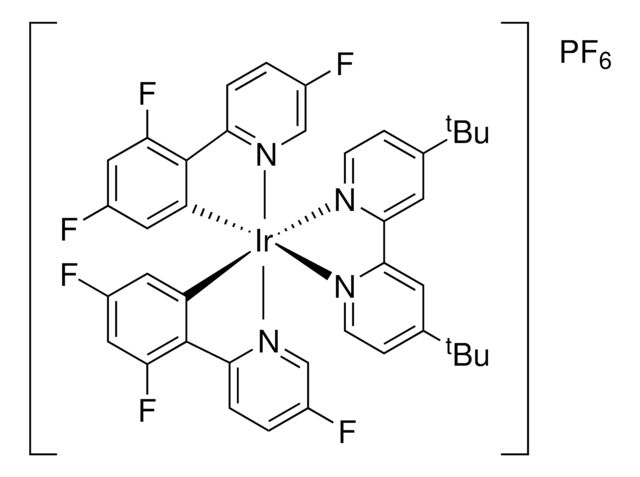
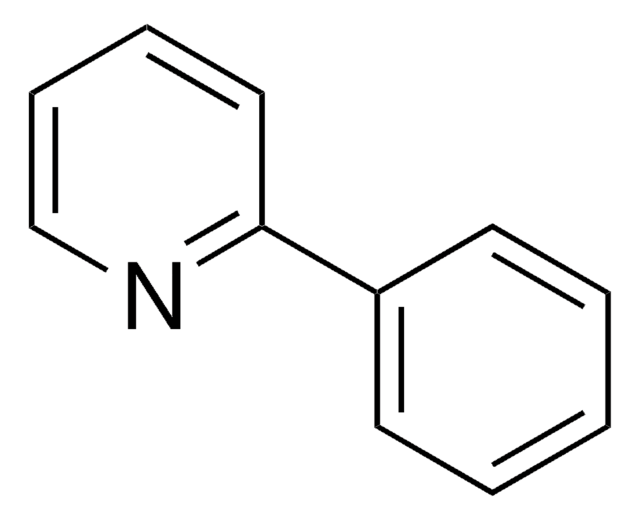
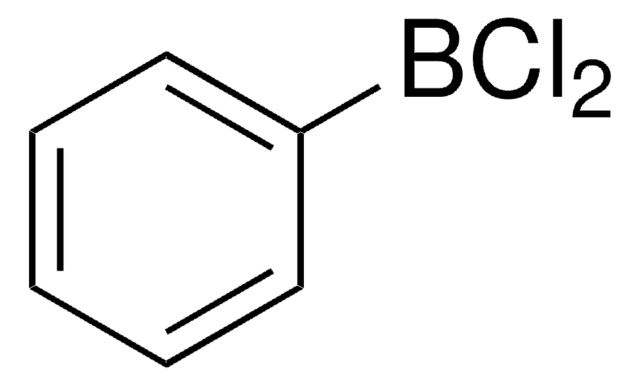
![Ir[dF(t-Bu)-ppy]3](/deepweb/assets/sigmaaldrich/product/structures/254/294/d0fb19e5-05b2-4c1b-990b-a99fa60b3e73/640/d0fb19e5-05b2-4c1b-990b-a99fa60b3e73.png)